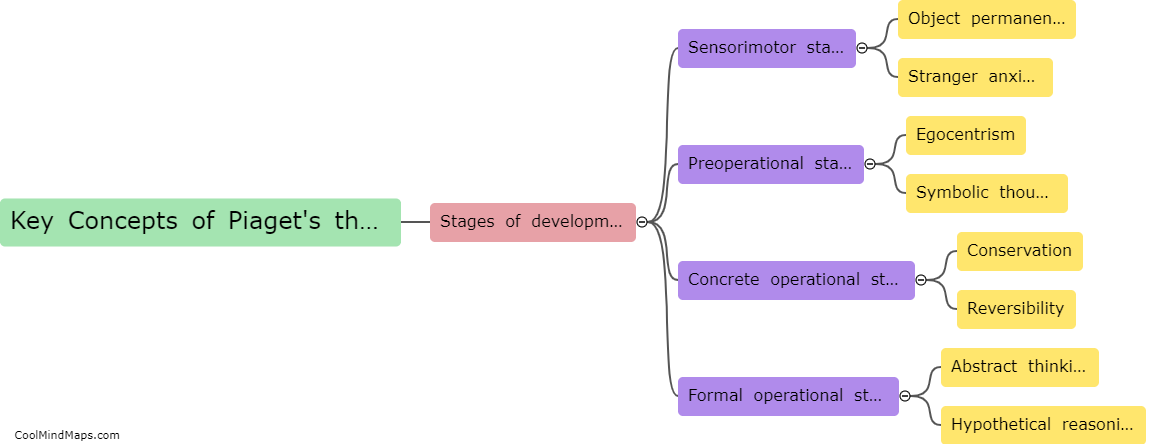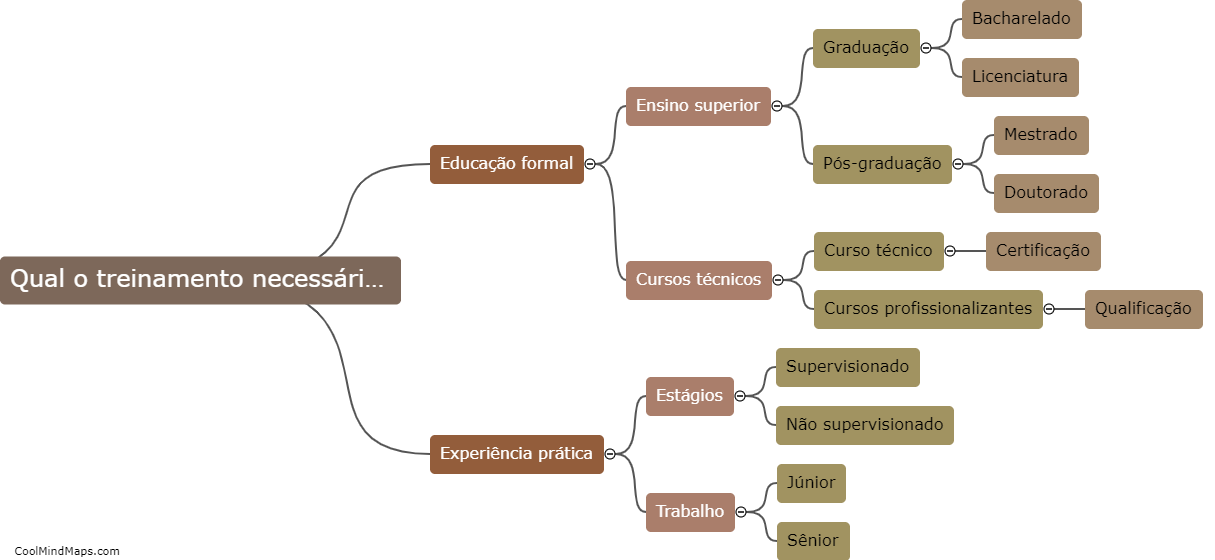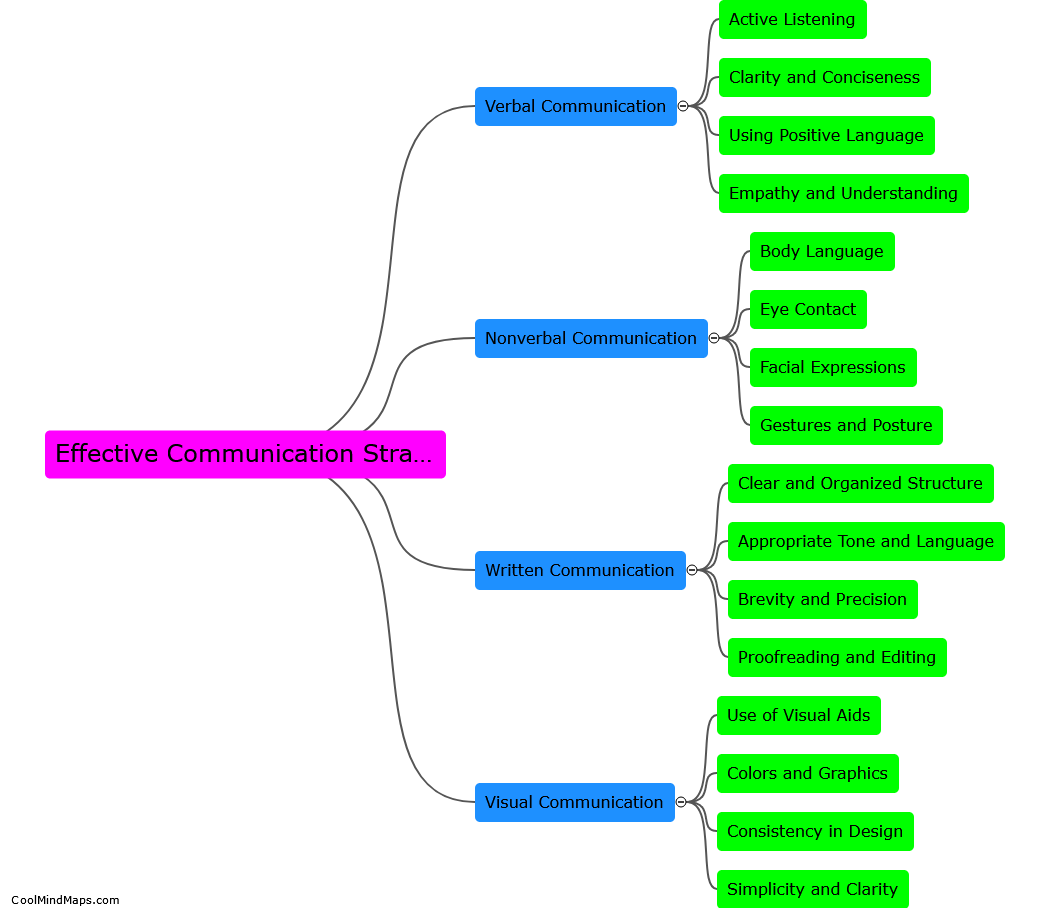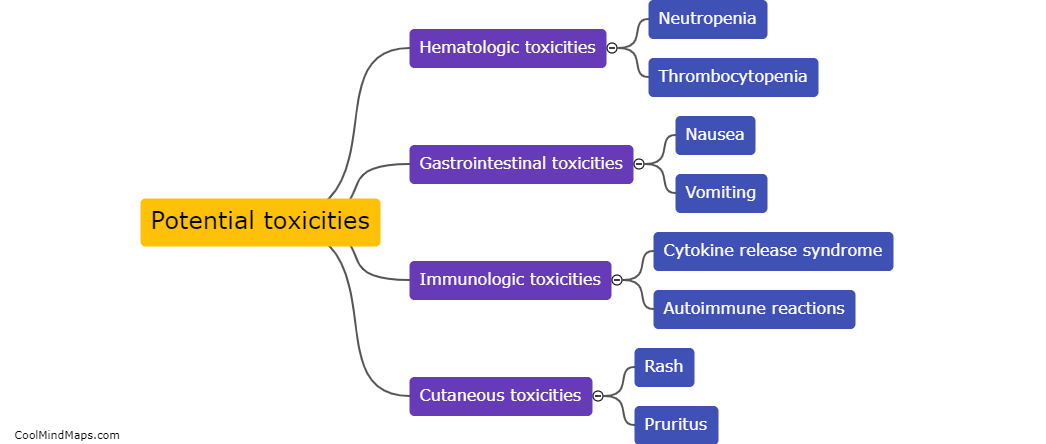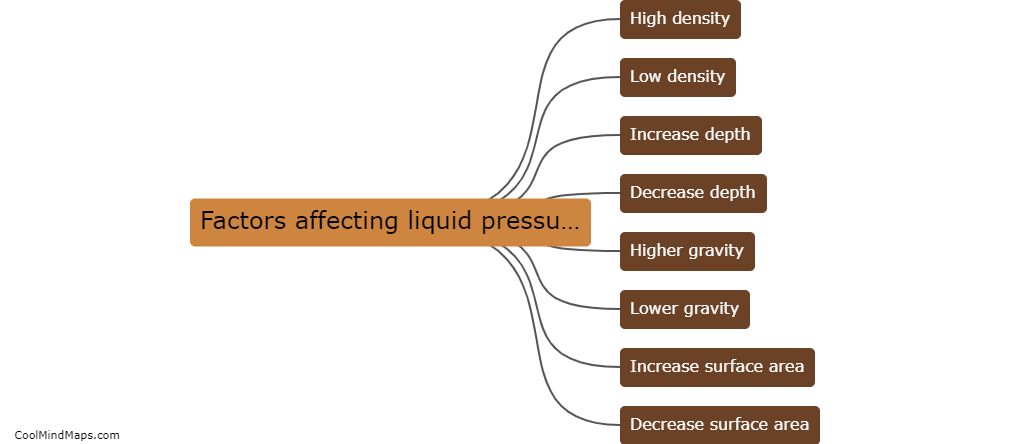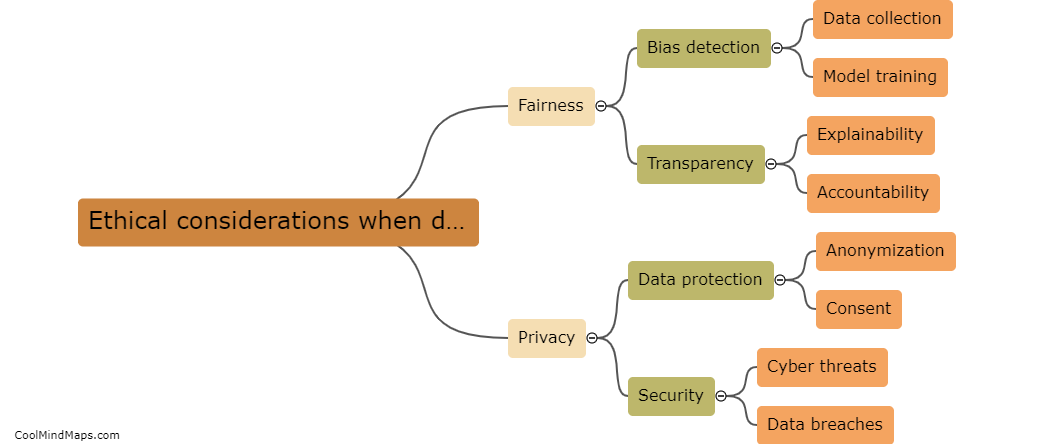What are the key principles of ethical AI frameworks?
Ethical AI frameworks are based on key principles such as transparency, accountability, fairness, and bias mitigation. Transparency involves ensuring that the decision-making processes of AI systems are explainable and understandable to users. Accountability holds developers and organizations responsible for the actions and decisions made by AI systems. Fairness emphasizes the need to prevent bias and discrimination in AI algorithms and models, ensuring equal treatment of all individuals. Bias mitigation involves actively identifying and addressing biases in data and algorithms to create more equitable outcomes. These principles are essential in guiding the development and deployment of AI systems that align with ethical standards and uphold integrity in decision-making.
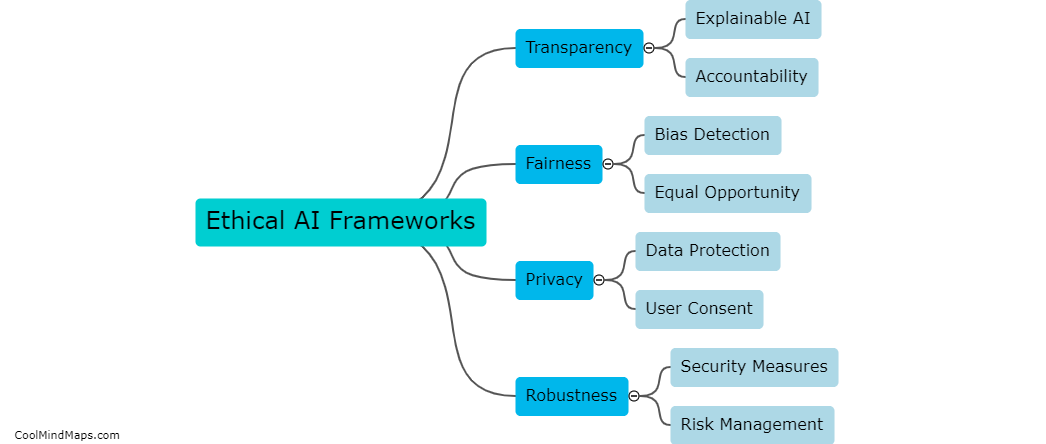
This mind map was published on 17 May 2024 and has been viewed 77 times.
